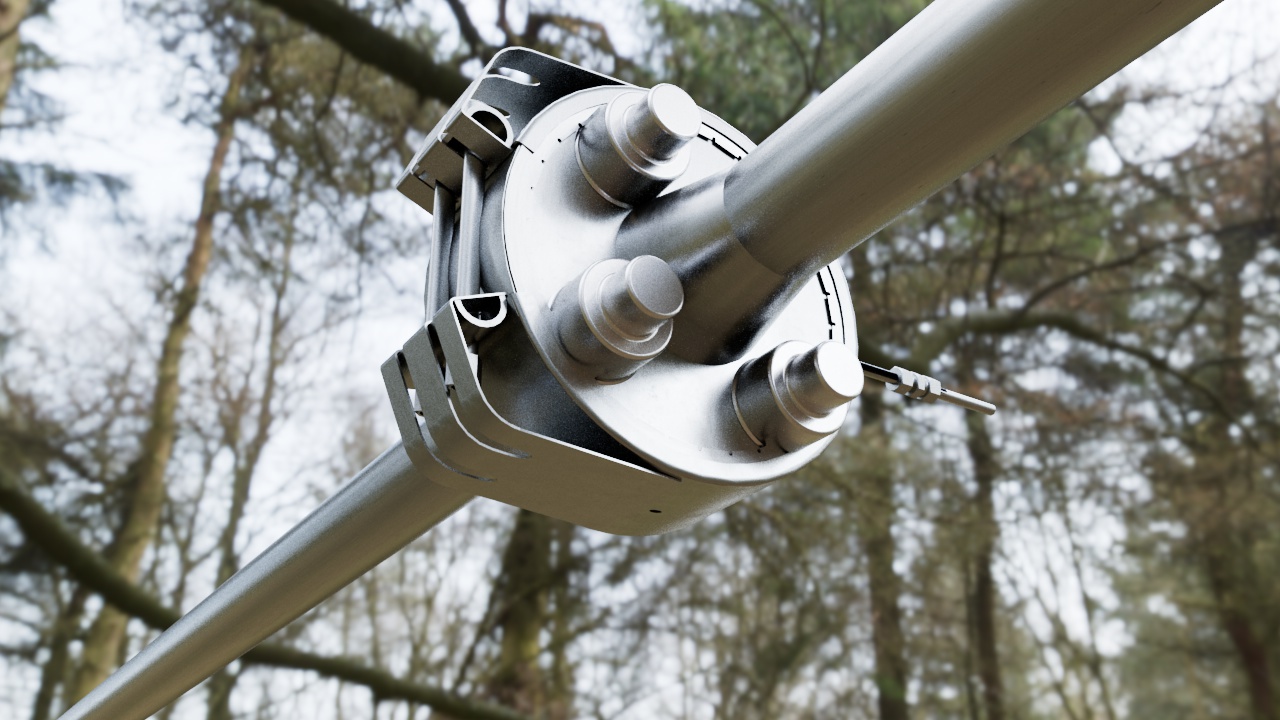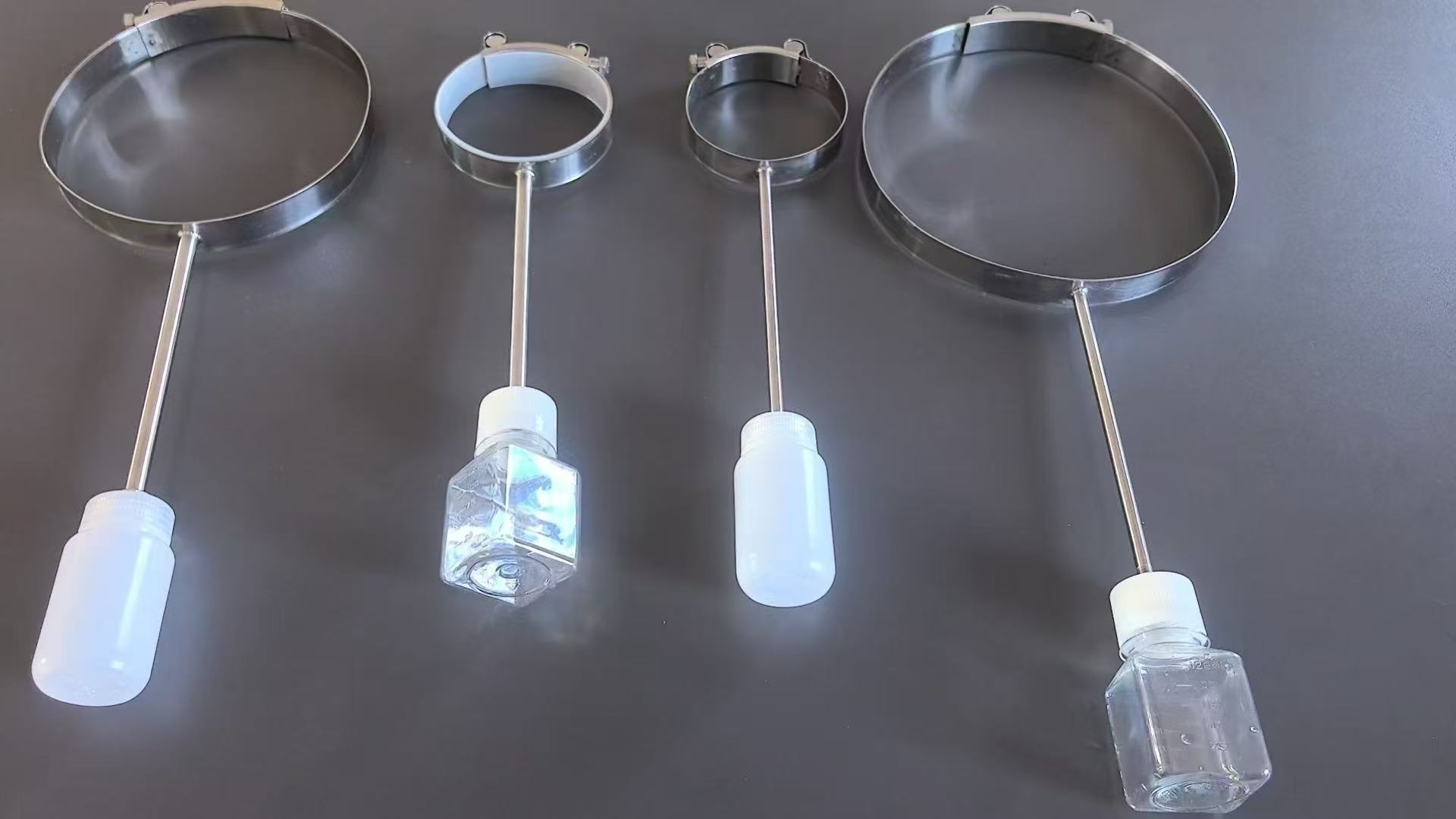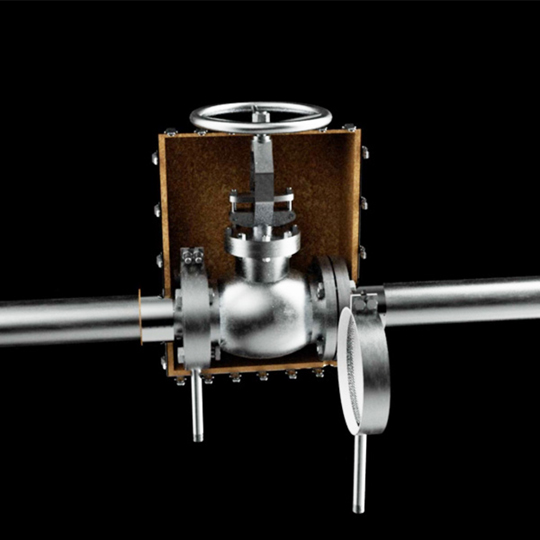Product Description:
How to continuously monitor leak detection under insulation?
Process leaks can cause serious operational losses, safety hazards and economic costs.
Leak detection is a constant priority in the process industry. In fact, industrial pipework leaks are a major cause of hazardous maintenance challenges.
- Often, a sudden drop in pipeline pressure can immediately detect a serious leak.
- However, small leaks are difficult to detect. If not detected and repaired in time, small leaks can lead to long-term damage, especially corrosion under insulation.
When do process leaks under insulation occur?
Process pipework transports oil, gas and other fluid products in a production environment. It is often necessary to maintain the pipework at a specific temperature for the process to take place. For this purpose, insulation is often used. In addition, insulation is often combined with steam tracing or electric tracing.
If properly maintained, pipelines can remain leak-free indefinitely. Most serious leaks that occur during operation are caused by corrosion. If pipework is not properly maintained, it may corrode, especially under the insulation. Corrosion under insulation (CUI) needs to be detected and repaired before corrosion develops into a leak.
In order for corrosion under insulation to occur, many factors must be present. These factors include:
- Water: definitely present and may be introduced during insulation storage or installation; due to internal leakage, ineffective waterproofing, or poor maintenance.
o If the insulation is damaged, there is an increased risk of water ingress, which can accelerate CUI. o If the insulation is damaged, there is an increased risk of water ingress, which can accelerate CUI.
o Vapour tracing systems may be subject to tracing leaks, particularly at pipe fittings underneath the insulation.
o Refrigerated service equipment may be affected by condensation, especially if operated continuously at temperatures below the atmospheric dew point. o Cold service equipment may be affected by condensation, especially if operated continuously at temperatures below the atmospheric dew point.
- Chemical composition: Acidity is an important factor in the development of CUI. If the pH falls below 4, corrosion can increase rapidly. Acid corrosion is usually associated with carbon steels. With stainless steels, the main chemical problem is the free chloride content combined with mechanical stress.
- Temperature: Operating temperatures are between 0 and 100 degrees centigrade and water can be present in liquid form. Under insulation corrosion may occur on cold process lines due to the possibility of condensation. Cooling lines below 15 degrees Celsius often suffer from condensation problems. For hot lines above 50 degrees Celsius, the corrosion rate doubles with every 15 to 20 degrees Celsius increase in temperature.
In fact, corrosion under the insulation is usually not visible from the outside of the cladding, and for this reason Wenzhou Leak Corrosion has pioneered the use of SUS 316L and PTFE seals with an insulator diverter, which can be used to simply see the flange or valve leakage from the outside. Prevent if the insulation layer is damaged, the valve flange and flange connection into the water risk thus accelerating the CUI, prevent flange leakage liquid leakage leads to pipeline acidity pH value below 4, this product has been well received by foreign customers!


e catalog :
https://book.yunzhan365.com/jrlbf/ydam/mobile/index.html
">
You may also like:






